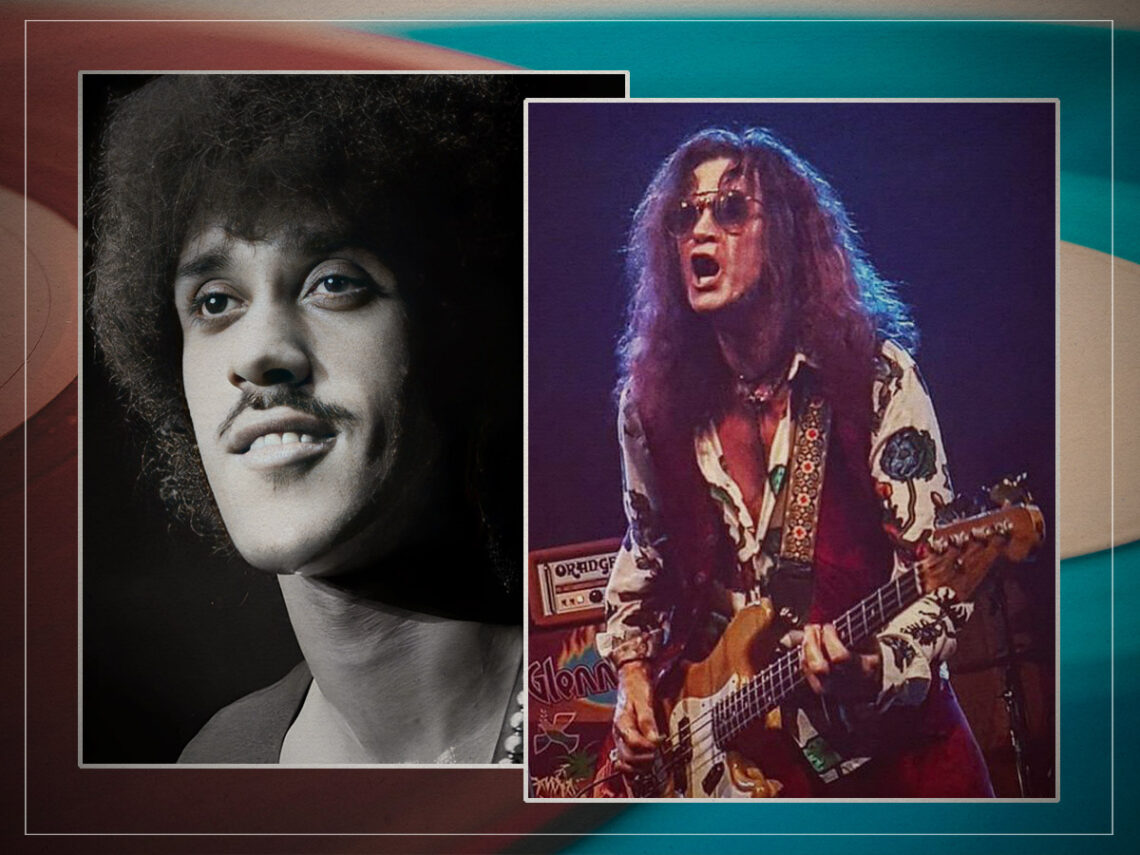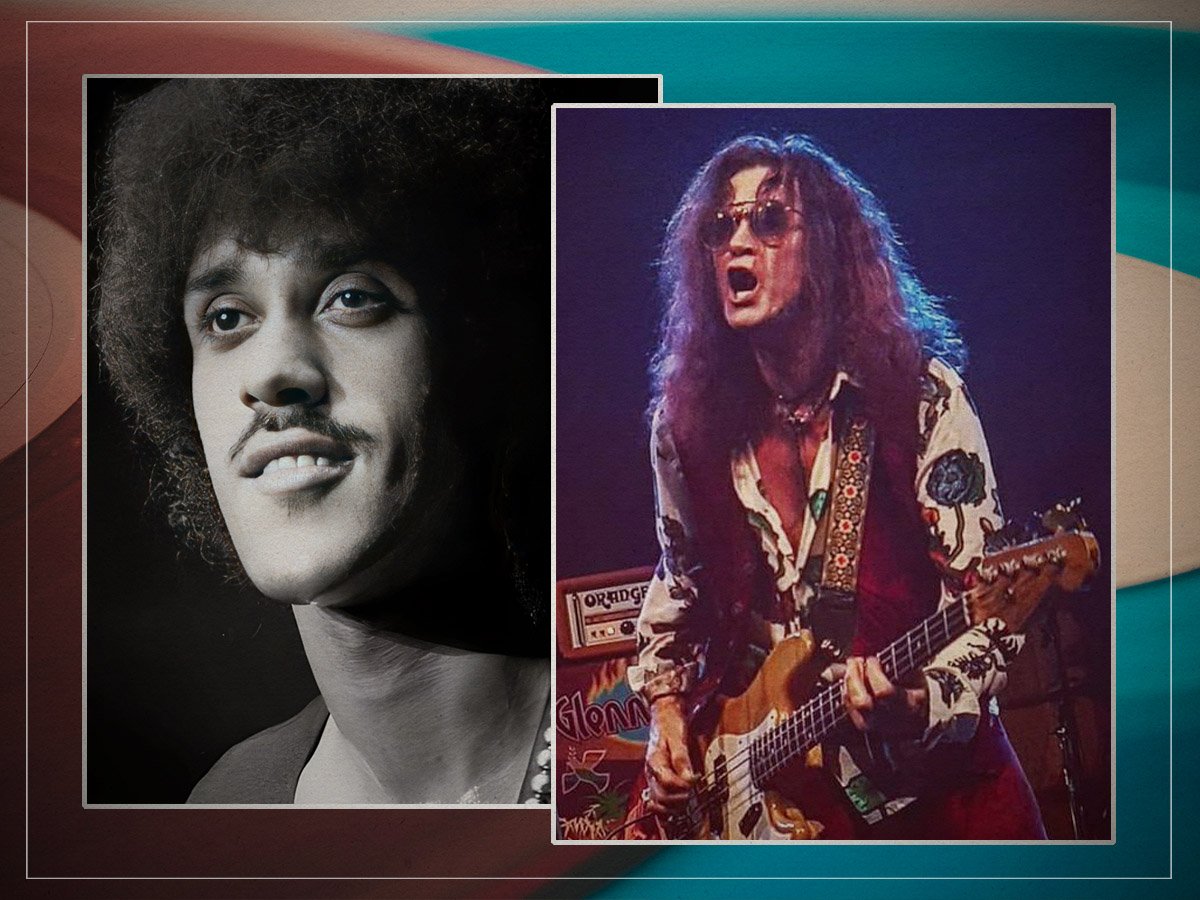
(Credits: Far Out / Alamy / MaxVaudous)
Mon 29 September 2025 16:30, UK
There’s something inherently paradoxical about the rock and roll musician. They undoubtedly have to be of a tender disposition, tapping into their own humanity and being comfortable enough with their own emotions, to funnel it into a heartfelt rock song.
But then that very song is often packaged up into something raucous, somewhat spiky and at times violent. Performing it on stage is a physical and fearless act, and often it incites antagonism and confrontation that surely develops into genuine physical altercations, be it on stage or off. Herein lies the paradox, the confusion as to just where these musicians stand. Are they timid, tender souls, or the ultimate warriors, tough as old boots and ready to fight anyone?
Some play the part very well, but there are some musicians whose performative fury leaves you with no doubt that in the heat of battle, these would be fierce competitors. The likes of Amy Taylor and Jack White push rock and roll hardness into the future, while in decades past, the likes of Glenn Frey and Phil Lynott capitalised on their era’s more liberal outlook on physical confrontation. Bred in the embers of rock and roll fire, they’ve learned how to offset their musicianship with resilience and determination. Don’t believe me, just ask Don Felder and Glenn Hughes.
While the former plays host to a story about the Eagles’ infamous break up, one that came as a result of a long awaited band punch up, the latter tells a lesser known story, that might just make Phil Lynott the man with the hardest rock and roll reputation of all.
The 6ft Irishman may have performed some of Thin Lizzy’s warm hearted hits with rich vocals and a charming smile, but behind it lay the existence of an extremely complex and troubled man. After a childhood that bounced around across different parts of the UK, his family finally settled on Dublin, where Lynott’s race made for a difficult childhood.
His uncle, just two years his senior, recalled, “To this day, I still remember the first day we arrived in the schoolyard. Young lads who didn’t know any better said: ‘Look at the blackie’. When the names started flying, the fists started flying. We stood back to back and fought our way out of it. It only lasted a few weeks. They didn’t notice colour anymore.”
By the time Lynott graduated from his childhood and entered the murky worlds of rock and roll, he was certainly conditioned to the warped morality of society, but nevertheless fell into the trappings of drug and alcohol abuse, which sadly led to his death in 1986 at just 36.
But he was a true character of paradox, and his troubled upbringing meant that any moments of delicate tenderness shown were often punctuated with overt masochism. He was part confrontational and part comforting, which Glenn Hughes witnessed first-hand.
During a period of time when Garry Moore quit Thin Lizzy, with a view to making his own band when Glenn Hughes, he recalled, “I said I’d love to – but I was still going through a difficult period, drug-wise. Gary stayed at my house while I thought about it. He needed a place to hide out. A couple of days later I got a phone call at three in the morning. It was Phil. He said: ‘If you’ve got Gary there I’m going to rip your throat out and shove it up your arse!’ So there I am living in fear of this crazy Irishman coming round to knock my block off. I had to lie and say Gary wasn’t there.”
Safe to say the project Moore and Hughes hoped to be titled, G-Force, never materialised and Lynott’s intimidation would have been a major factor.
Related Topics

